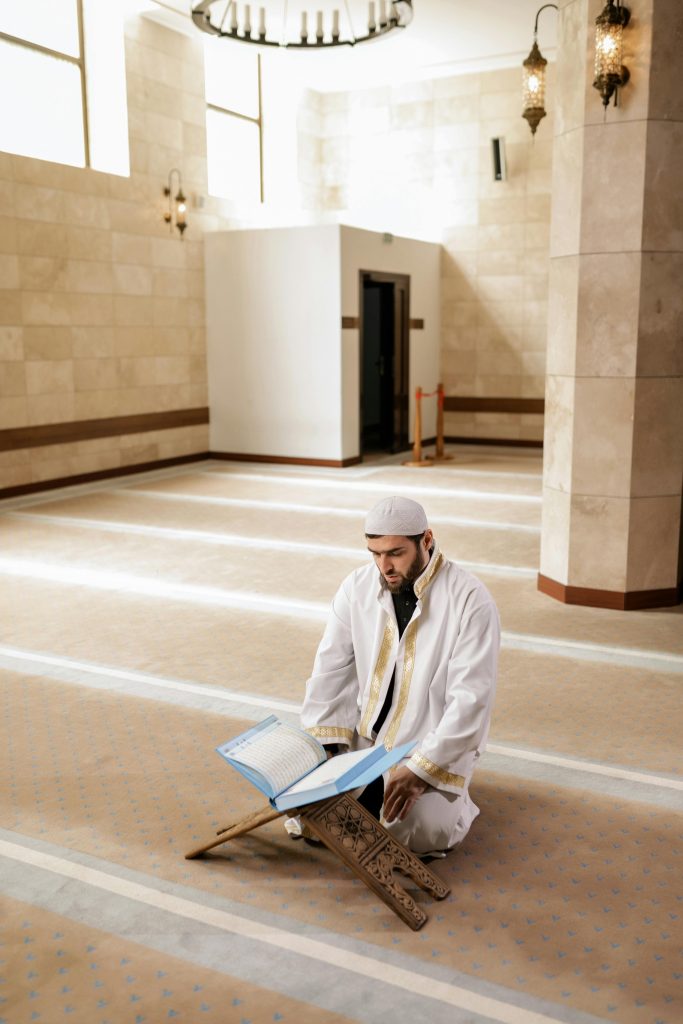
The Basics of Islamic Finance and Mortgages
Islamic finance, including mortgages, operates according to the principles of Sharia law. Unlike conventional mortgages, which involve paying interest (riba), Islamic mortgages are designed to be compliant with Islamic finance principles, which prohibit the payment or receipt of interest. Instead, Islamic mortgage products are structured around various contracts that offer alternatives to interest-based lending. This leads to many people wondering how it all works and why there is ongoing debate about Islamic mortgages.
Sharia Compliant Mortgage Structures(The Basics of Islamic Finance and Mortgages)
Islamic mortgages may take various forms, such as Murabahah, Ijara, and Mudarabah. These financial instruments provide alternatives to traditional interest-based lending.
- Murabahah: In a Murabahah transaction, the bank purchases the property on behalf of the buyer and then sells it to the buyer at a higher price, with the profit margin agreed upon beforehand. The payment terms are arranged in installments, which may resemble a conventional mortgage.
- Ijara: In Ijara, a bank purchases the property and rents it to the buyer until the final payment has been made. Part of the rental payments can go towards the purchase price, gradually leading to the transfer of the property’s ownership to the buyer.
- Mudarabah: This is a profit-and-loss sharing agreement between the bank and the client. The bank provides the capital, while the client manages the investment. In this model, both parties share profits and losses according to agreed-upon ratios.
The Function of Riba in Islamic Finance
Riba, generally understood as interest, is forbidden in Islam. The Quran warns against dealing with riba, as it is considered exploitative and leads to social and economic disparities. In this context, Islamic finance aims to create fairness and mutual benefit for all parties involved.
Addressing Common Questions and the Debate around Islamic Mortgages
Is an Islamic Mortgage More Expensive Than a Conventional Mortgage?
One of the misconceptions around Islamic mortgages is that they are more expensive than their conventional counterparts. However, studies and financial experts have shown that costs tend to be similar, if not identical, for a comparable level of risk and return between Islamic and traditional mortgages.
Is an Islamic Mortgage Riskier for Both Parties?
Some argue that Islamic mortgages are riskier for both the buyer and the financial institution since the Sharia-compliant products rely on profit-and-loss sharing or alternative payment structures that deviate from traditional lending practices. However, Islamic finance experts argue that this shared risk is beneficial and can lead to more responsible borrowing and lending. Tight regulations and rigorous assessments are employed by Sharia-compliant financial institutions to ensure sufficient checks and balances.
Are Islamic Mortgages More Complex and Time-Consuming? (The Basics of Islamic Finance and Mortgages)
While certain aspects of Islamic finance might seem more complex than traditional banking practices, many institutions simplify those complexities for consumers and clients. In some cases, Sharia-compliant mortgages may involve fewer steps and less negotiation, as the payment terms are usually outlined clearly from the beginning.
The Debate: Legitimate Sharia Compliance or Mere Alteration
Debate around Islamic mortgages often centers on whether practices
adhere strictly to Sharia law or manipulate traditional financing concepts to qualify as Sharia-compliant. Many argue that Islamic financial products effectively hide the concept of interest
within the guise of permissible profit-sharing and other arrangements.
Nonetheless, Islamic financing is an important alternative for people wishing to honor religious principles while participating in the housing market. As the Islamic finance market matures, clearer distinctions between legitimate Sharia-compliant mortgages
and mere alterations of conventional mortgage structures will help in navigating the ongoing debate.
In summary, demystifying Islamic finance mortgages involves understanding the core concepts of Sharia-compliant financial instruments
and addressing common perceptions surrounding these products. As more people become aware of the benefits and nature of Islamic mortgages,
the debate will likely evolve with the growth of the market, creating a more diverse financial landscape for the future.








